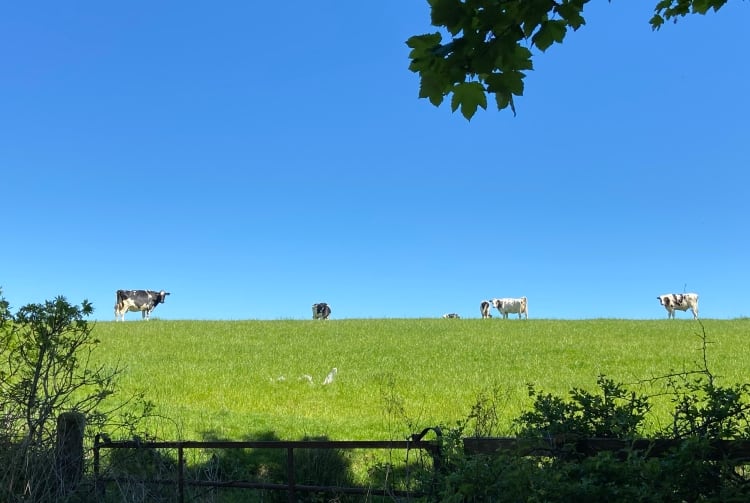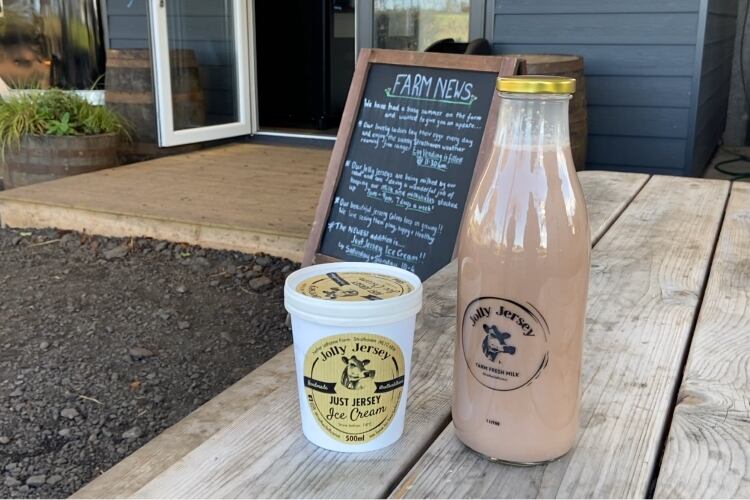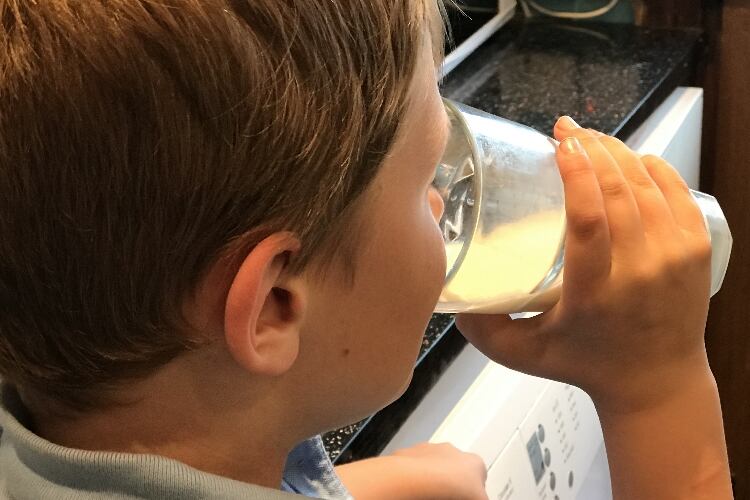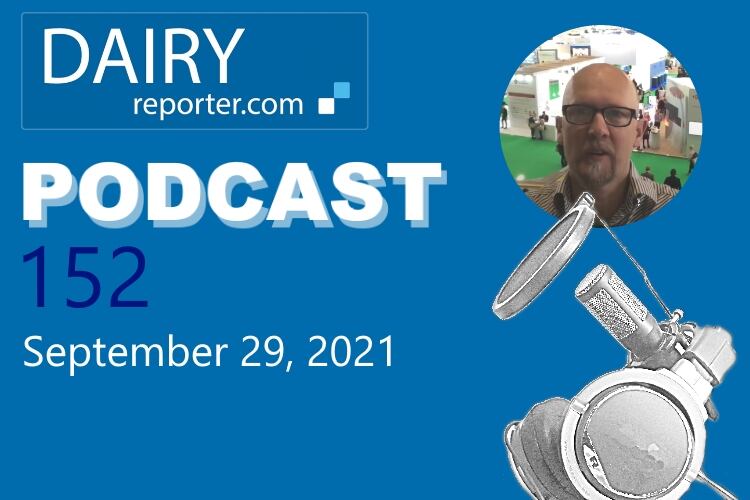The manure is fed into a machine known as the N2 Unit and high-voltage electricity is applied to convert the plasma, drawing in nitrogen from the air. The result is farmers produces fertilizer that can be as effective as chemical fertilizers, and there is a reduction in greenhouse gases.
Kare-Gunnar Floystad, business development manager at the Norwegian-headquartered company, has made predictions for trends and pressures on UK dairy farming in 2022.
UK policy that supports innovation, beyond changes in land use
“We expect this to be a green policy year for the UK. In food production, this will center on farming subsidies and the detail around how long-term sustainable change in practices can be supported,” Floystad said.
“This will need to concentrate on support for innovative technologies being introduced to farms, above and beyond the current focus on preserving habitats by changing land use. This is the year when we will hopefully see what a post-Brexit UK agriculture policy really looks like – with great hopes for a new subsidy regime that protects businesses and livelihoods, but also helps to transition to more sustainable long-term practices. In Brussels, the EU’s ‘Fit for 55’ agenda will be asking similar questions.”
Moving forward, there are expected to be changes due to having to address the balance between food production and the environment.
Floystad said inflation is rising across Europe, and the cost of living is becoming a highly contentious political issue.
“There will continue to be huge pressure around the cost of food production in the UK given soaring fertilizer and energy bills, and producers face a struggle to balance that against their commitments to meet long-term net zero goals,” he said.
“The post-COP26 spotlight will be on how we can feed an ever-growing population effectively without harming the planet as we have in the past, which will need a balance of those priorities and long-term investment.”
He added Covid and Brexit will continue to send shockwaves through farming this year in the UK, as input (fertilizer, energy) costs rise, labor shortages continue and income uncertainty lingers. However, he said, this will also increase the focus on making farming more resilient to such problems by becoming more efficient and sustainable.
“We expect precision and carbon farming to rise further up the agenda as the economic and environmental benefits become clearer and more tangible,” Floystad noted.
Floystad said 2022 will mark a move towards increased environmental standards and definitions, and the food sector will be included in that.
“As part of the increasing public and investor concerns about greenwashing, we can expect to see food brands moving towards clearer and more detailed product labeling, taking more of a lead around the environmental impact of each product across the whole supply chain.
“With more scrutiny on their claims – which means more to gain as well as more to lose – we expect the most progressive producers and retailers to increase their investment in new ‘sustainable’ products and practices,” Floystad concluded.




